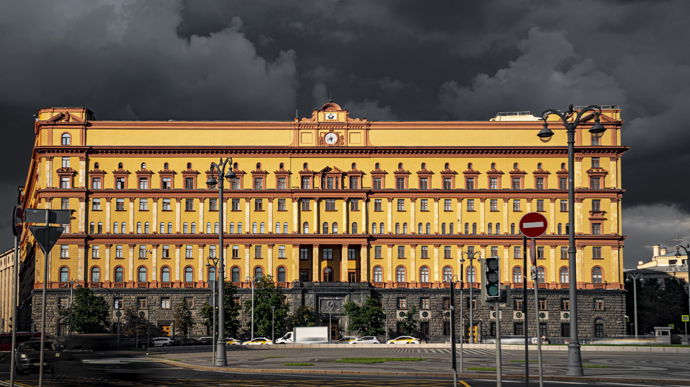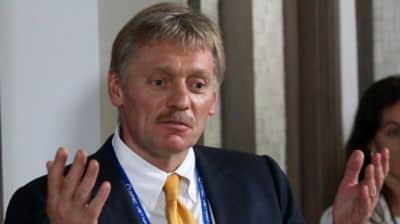British analysts explain why Russian secret services failed in plans to occupy Ukraine

British analysts have published a report entitled Preliminary Lessons from Russia's Unconventional Operations during the Russian-Ukrainian war, February 2022 – February 2023, in which they have analysed the actions of the Russian secret services in implementing the Kremlin's plans to occupy all of Ukraine.
Source: BBC News Russian, referring to a report by the Royal United Services Institute (RUSI)
Quote: "The British defence think tank maintains that since the full-scale invasion of Ukraine, the Russian security and intelligence services have achieved much greater success than the army. However, there are also fundamental shortcomings in the work of the special services, which have significantly contributed to the failure of Russia’s plans to invade Ukraine."
Details: The analysts believe one of these shortcomings is the desire to please the president of the aggressor country, Vladimir Putin, in every possible way.
The Russian military considered the internal destabilisation and disorganisation of Ukraine as one of the main mechanisms of their military operation; this was supposed to disable the system of management and military command and control, undermine public confidence in state institutions, reduce the country's stability and minimise assistance to Ukraine from international partners.
In these circumstances, Moscow did not anticipate serious resistance, as evidenced by failures in logistics at the first stage of the operation, the report says.
The small group of planners expected to repeat the success of the 2014 Crimean operation, which also made no sense from a military point of view and was planned based on the absence of military resistance from Ukraine.
According to the RUSI, the Federal Security Service of the Russian Federation (FSB) was deeply involved in planning the invasion, and was ordered to prepare plans for the occupation of Ukraine in July 2021. This required the training of numerous FSB agents, so in autumn 2021, Russian agents in Ukraine began to go on brief holidays to resorts in Türkiye, Cyprus and Egypt, where they met with their handlers.
The report's authors pay considerable attention to the methods used by the Russian secret services, noting that they prefer to minimise the running of agents from Russia, recruiting agents in place who manage their networks instead.
In the case of Ukraine, the report says this role was played by several high-ranking officials and politicians who had had ties to Russian intelligence agencies for decades.
The authors also note the importance of the Russian Orthodox Church as the one body of ideologically committed agents of Russian influence. Since relations between the state and religious institutions are sensitive, even after the invasion, the Ukrainian authorities could not immediately constrain the activities of these parts of the Russian support apparatus.
Russian agents were also supposed to provoke full-scale protests in Ukraine.
The authors of the report note that senior Russian intelligence officials recommended delaying the invasion until summer 2022; in their opinion, the conditions for a quick victory in early 2022 had not yet developed at the time. However, Moscow decided to proceed, because the Kremlin believed they understood Ukrainian politics.
The report's authors consider the hasty and underprepared invasion as evidence that Russian agents had exaggerated the extent of their influence. The secret services had been ordered to facilitate the occupation within the established time frame, not to assess its viability.
The authors consider this institutional culture of following orders to be one of the reasons for the failure of the original plans for the invasion of Ukraine.
Journalists fight on their own frontline. Support Ukrainska Pravda or become our patron!





